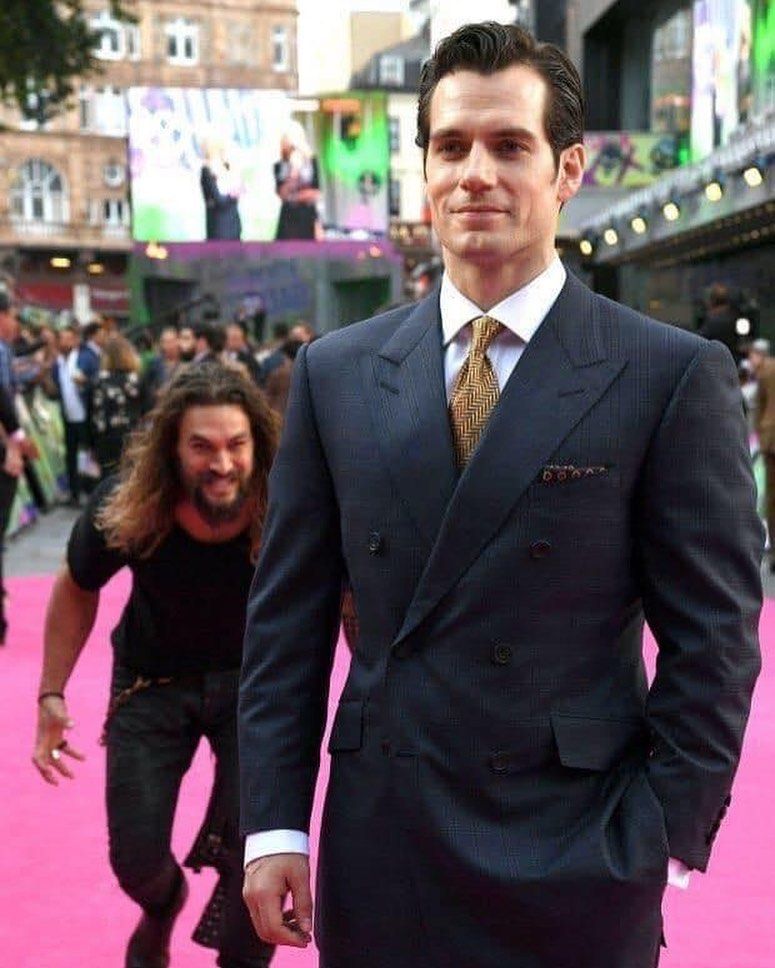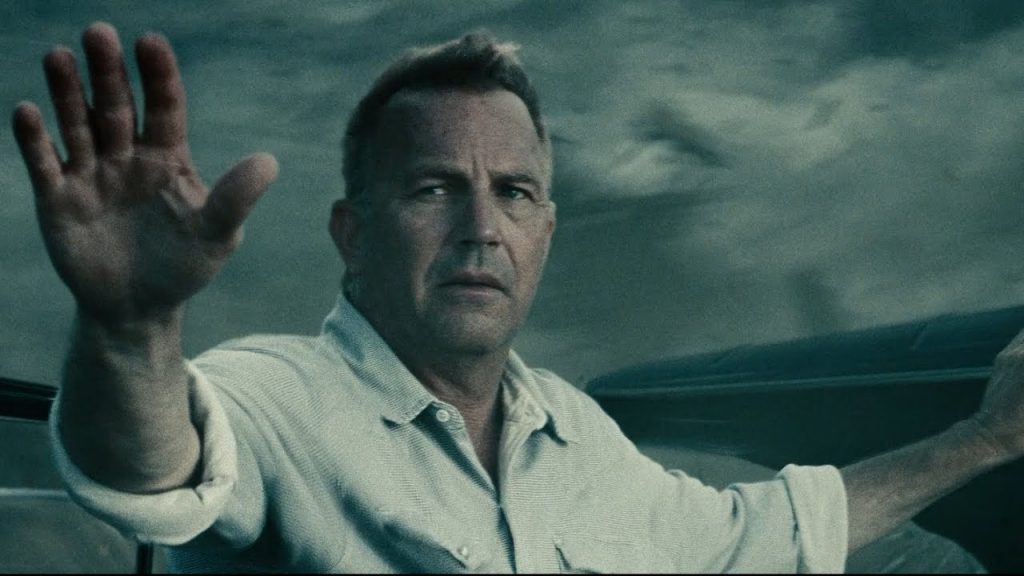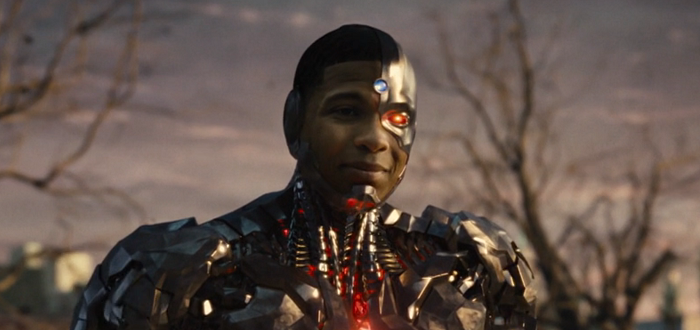On Self-Indulgence and Self-Correction: Zach Snyder’s Justice League
Only in 2021, which is still 2020 but on NG+ mode, would I sit down to write a review of a Zach Snyder movie and not be cooking up a scalding hot pot of snark.
I don’t like Zach Snyder. His tendency to go darker instead of going smarter is the hallmark of his artistic vision. His efforts at “empowering” women would be barely passable from a 13-year old, whose lessons on feminism are limited to listening to a smattering of Spice Girls interviews from the 1990s.
Snyder is often so bad at his craft that his movies end up as unintentional parodies of themselves. Consider that General Zod is the actual protagonist of 2013’s Man of Steel. Though that might have more to do with Michael Shannon being able to act circles around ol’ Hank Cavill – a man so wooden that trees look at him and go, “Hey, dude, loosen up a bit.”

The curtain rises on Snyder’s four-hour opus with a bold and befuddling statement. The movie announces it will be presented in 4:3 aspect ratio, as to maintain Zach Snyder’s creative vision. And in that moment I was ready to punch myself in the face for indulging Snyder’s narcissism. Yet that title card heralded exactly what would be happening in this movie: the vision of a man beholden only unto himself. A man freed from the expectations of cookie cutter super hero movies. A man with nothing to lose because everybody with an ounce of taste thought he was trash to begin with. From this, arises something unexpected: apology and understanding.
Where Man of Steel and Batman v. Superman (the case of the missing Martha) fundamentally misunderstood the characters in play – save perhaps Wonder Woman – this movie is an about face from those follies. Snyder reboots Batman as a character seeking atonement for his past failures. Bruce Wayne is now one to operate on faith when it comes to the heroes of the Earth coming together in common cause. The world’s greatest detective driven by faith and optimism shouldn’t work, but it does. I buy it because there’s an awareness to the writing that Snyder’s treatment of this character needed to grow. Justice League accepts that what came before was wrong. Thus I afford some benefit of the doubt, which Snyder wisely invests.
There’s no greater dedication to growth than Justice League‘s exploration of Cyborg/Victor Stone. Through the film’s seven acts (and credit to Snyder for flashing title cards on screen to show the act breaks, as to allow natural stopping places for those not inclined to marathon through the film in one sitting) Stone makes peace with himself and shows so much growth I am apt to name him the story’s protagonist. Beyond that, the purposeful death given to Stone’s father is a ready acknowledgment from Snyder that Pa Kent’s death in Man of Steel was an entirely stupid affair.

Don’t get me wrong, the man vs self conflict driving Cyborg’s arc is one of the oldest plays in the writer’s handbook, but it’s well done in this case. I do not demand innovation when competence is on offer. And if we are going to talk about competence, then we need to spend a few words on Snyder’s competence in recognizing that a four-hour runtime is necessary for telling a comic book story.
I know, more words nobody expected from the guy who wrote a 50,000 word takedown of Evangelion.
Comic books are, in my humble estimation, burdened by the necessity of knowledge. I have experienced so many comic book conversations that run along the lines of someone better versed in the subject material telling me that to truly appreciate x, which is usually bland and inchoate, I need to read y volumes from z years ago. Inevitably, I can’t be arsed to do that homework. If I wanted to do extra homework, I wouldn’t have read a comic book. Now place this dynamic into a broader context. How many critics, ersatz or otherwise bona fides, turn their reviews of super hero films into dick measuring contests on who can evoke the most obscure source material to justify/crucify a cinematic offering?
This is where Zach Snyder’s demand for artistic vision understands something that is, at once, fundamentally true to the comic book, and entirely antithetical to the science of selling movies (cough, Marvel, cough). Four hours of backstory and context building make this story better than what it would be at a more bladder-friendly duration.
To be clear, I am not saying it makes Justice League good. Good is a bridge too far. I’m saying that when my chief complaint about superhero movies is that they are as much a product of assembly line production as any automobile, something that utterly disrespects the conventional for a more artisanal (oh god did I really just write that?) approach is better than the bog standard.
It may very well be that Zach Snyder understands why super hero stories tend to work better on television than they do in movies. When you have 13-24 episodes to fill in a season, there is room for flights of indulgence that add context and seasoning to the story without doing much to advance the plot (see the much ignored but entirely well executed Green Lantern Animated Series).
In a two-hour movie that is as concerned with its integration into the broader cinematic universe/character franchise as it is the self-contained story, everything ends up so much blander as compromise to checking both boxes of storytelling and brand integrity. This is why Ant-Man is the only good Marvel movie; Edgar Wright refused to check the brand box and was punished for his insolence.
Amid the utter and absolute tedium of the hyper-saturated MCU and the yawn fest of false starts and Snyder flops that is the balance of the DCU (Birds of Prey notwithstanding) Justice League’s ethos of self-indulgence finally seems to understand that super hero stories are not about pacing and plot. Rather, they revel in that which is extraneous and unnecessary. To execute indulgence while owning his past failures is something genuinely unexpected and surprisingly satisfying.
Again, it’s not good. There are too many camera shots that lead the eye to Wonder Woman’s crotch and slow panning shots across Amazon midriffs/tiddy armour for me to say that this is good. Zach Snyder remains his most-teenage self in how he shoots and frames women.
But when everything else that made Snyder’s past movies joyless and bleak – up to and including colour palate – has been left on the cutting room floor, when there is inspiration to be found in the heroic journey of the characters, when there is a sense of menace to the antagonist with a stupid name and his super menace boss, with an equally stupid name, the outcome not something I can bring myself to sneer at – no matter how fashionable it might be to do so.
Even if Snyder has failed to nuke the superhero industrial complex with this movie, he has offered an alternative in telling this story. The meta narrative is still fairly predictable as far as superhero movies go, but that’s more to do with superhero stories, like any myth, typically ending with the hero vanquishing the foe and giving us a lesson about ourselves along the way. In this case, Victor embraces his cyborg body and announces to a psychic manifestation of his own insecurities that he is not broken.1
Nobody is going to look at this approach and see a drastic departure from the norm. However, the slow vanity shot over the assembled heroes after their defeating (sigh) Steppenwolf is absolutely Snyder giving a middle finger to the shake-and-bake production of superhero movies that has come to define the last fifteen years.
Was the Snyder Cut necessary? To the extent that it served as a rallying cry for the worst type of internet dudes, no. Will that target demo see this as anything other than a win for their world view? Probably not. Nevertheless, Snyder’s victory lap with this movie is one that feels honestly earned. The theatrical cut of Justice League was an unmitigated turd. The Snyder Cut shows that Snyder did have a story to tell and when the cards are down, it is probably one worth watching. Moreover, it shows that Snyder understands the difference between embracing a comic book story and directing a profitable superhero movie. If nothing else, we now have this monument to self-indulgence as a baseline from which other directors may try to innovate this painfully stagnant sub-genre.









